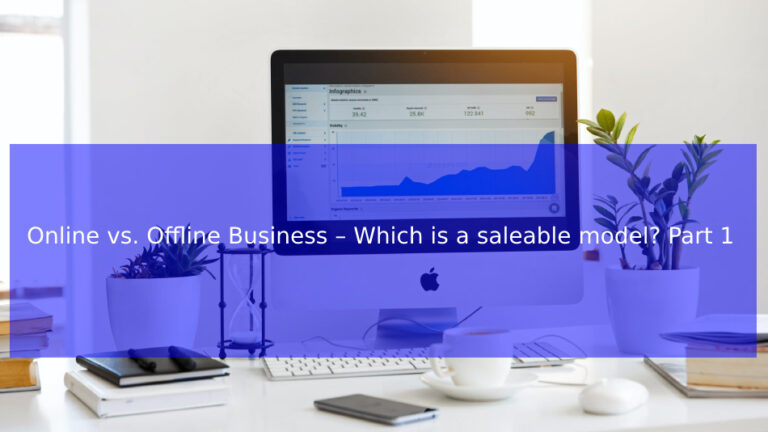Purchasing a ready-made business can be a faster route to entrepreneurship than starting from scratch. You gain instant access to operations, customers, brand reputation, and revenue streams. However, not every existing business is a good investment. Before signing on the dotted line, you need to carefully evaluate every aspect of the deal. This guide covers the top things to check before buying a ready business to ensure you make a smart, profitable decision.
1. Financial Health and Profitability
The first step in due diligence is to review the company’s financial statements—including balance sheets, income statements, and cash flow reports for at least the past three years. Check for consistent profitability, outstanding debts, and cash reserves. Analyze trends: are revenues growing, stable, or declining?
Also, verify tax returns, unpaid liabilities, and any financial irregularities. If possible, have a professional accountant perform a financial audit. Healthy numbers indicate stability, while erratic figures or missing documentation are major red flags.
2. Legal Documents and Ownership
Ensure that the seller has clear legal ownership of all assets and intellectual property associated with the business. Review business registration certificates, licenses, trademarks, leases, and supplier contracts. Check whether there are any pending lawsuits, regulatory violations, or compliance issues that could create liabilities after the sale.
If the business operates under a franchise or partnership model, understand the terms and restrictions that may apply to new owners. Consult a business attorney to validate all legal documents before you proceed.
3. Market Position and Brand Reputation
A ready business may already have a customer base, but you need to assess its brand value and market standing. Research online reviews, customer testimonials, and social media presence to gauge reputation. Identify what differentiates the business from competitors and whether that advantage is sustainable.
If the business has suffered from poor customer service or negative publicity, you may have to invest heavily in rebuilding trust. Understanding its market perception helps you predict future growth potential.
4. Operational Efficiency
Study the company’s operations in detail. What systems, processes, or tools does it use for daily management? Evaluate staff performance, vendor relationships, and supply chain reliability. If the business depends on the previous owner’s personal network, consider how operations will continue after the transition.
Also, check for opportunities to automate workflows or integrate modern tools to increase efficiency and profitability.
5. Customer Base and Revenue Sources
A strong customer base is one of the biggest advantages of buying a ready business. Analyze customer data: Who are the primary clients? How loyal are they? What percentage of revenue depends on repeat business versus one-time sales?
Look for diversified revenue streams to reduce dependency on a single product or client. A business with a varied customer portfolio and steady recurring income is a more secure investment.
6. Technology and Digital Presence
In today’s market, a company’s digital footprint matters as much as its physical presence. Review the website, social media activity, and online marketing strategies. If the business relies on digital advertising, analyze conversion rates and campaign performance.
Ensure the company uses updated technology for operations, communication, and marketing. Outdated systems could lead to higher upgrade costs post-purchase.
7. Reason for Selling
Always ask the most important question: Why is the owner selling? The answer reveals a lot about potential risks. Some owners sell to retire or pursue new ventures, while others may be trying to exit a declining market. Investigate thoroughly to ensure you’re not inheriting unresolved issues like falling sales, employee disputes, or market saturation.
Conclusion
Buying a ready business can save you time and give you a head start—but only if you perform thorough due diligence. Review the company’s financials, legal standing, operations, and market reputation before making any commitments.
By checking all these aspects and seeking professional guidance, you can confidently choose a business that aligns with your goals and long-term success. A well-researched acquisition isn’t just a purchase—it’s a foundation for growth and stability in the competitive world of entrepreneurship




